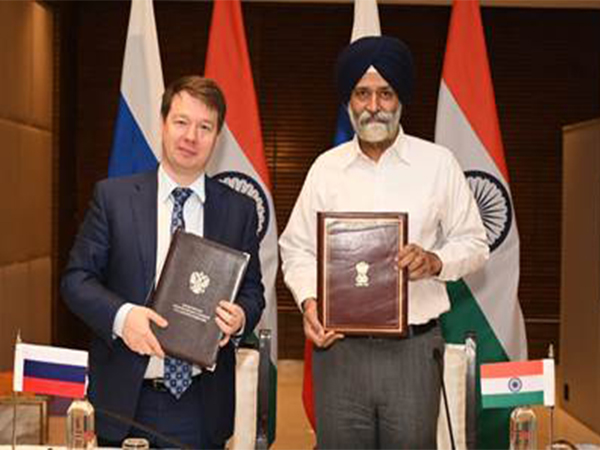China sees polar regions as new strategic frontier, its satellite plan to monitor Arctic shipping has raised questions
May 27, 2021

Hong Kong, May 27 : With climate change continuing to affect the Arctic and the region being increasingly seen as area of emerging economic importance, the perception of Arctic waters as an arena for great power rivalry has gained traction. China is a factor in these debates as it has sought to further develop its own political, scientific and economic interests in the far north.
Marc Lanteigne, in an opinion piece in South China Morning Post (SCMP), said that Beijing aspires to be accepted as an Arctic stakeholder and a participant in emerging regional dialogues, and the decline of Sino-American relations now presents a significant challenge to these ambitions.
Arctic is considered as an area of emerging economic importance and China continues to seek an enhanced presence in the far north. It has become more commonplace within commentaries and studies of Chinese Arctic policies to paint the country's interests there as assertive or revisionist, said Marc Lanteigne.
Arctic, and indeed the Polar Regions have been cited as a "new strategic frontier" by Beijing.
As well, there are serious questions emerging regarding civilian projects, such as missions undertaken by China's two icebreakers and plans to deploy a satellite to monitor Arctic shipping, which have the potential for data to be accumulated for strategic use, the SCMP article said.
It is nonetheless crucial when examining China's Arctic agenda, and when studying the overall questions of Arctic security in general, to distinguish preferences from capabilities, and the actual versus the hypothetical. Dropping a South China Sea model onto the Arctic was, and still is, an unworkable method to accomplish this, wrote Lanteigne.
Instead, "South China Sea" has become a sloppy shorthand of sorts for those attempting to demonstrate a China threat in the Arctic, he said.
During the Donald Trump administration in the United States, Washington sought to redefine the most pressing security threats in the Arctic, downplaying the effects of climate change and human security in favour of pointing to Russia and China as great power threats.
Often, the South China Sea dispute was summarily dropped into the dialogue, ostensibly as irrefutable proof of China's grand polar strategic agenda and intentions to subvert Arctic rules and norms, the article in SCMP said.
For example, at the Arctic Council ministerial meeting in Rovaniemi, Finland, then-Secretary of State Mike Pompeo, in a now-infamous 2019 speech, sought to delegitimise Chinese interests in the region, including with the statement, "Do we want the Arctic Ocean to transform into a new South China Sea, fraught with militarisation and competing territorial claims?".
This thread was later picked up by Admiral James Foggo of the US Navy, who noted in June 2020 that "With China having its own precedent for making bogus claims over international waterways in the South China Sea, it's possible that China will also seek to bend the rules in their favour in the Arctic".
Meanwhile, in the run-up to the biennial ministerial Arctic Council meeting in Reykjavik this week, there was much anticipation regarding efforts to address climate change and its socio-economic effects on the peoples of the region in addition to issues of regional development, education and post-pandemic health care, the article in SCMP said.

















